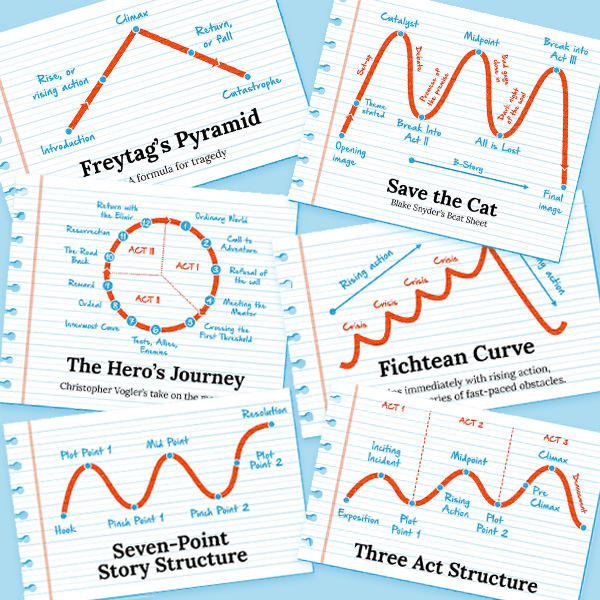Welcome back to another blog hop, with #OpenBook. Here’s this week’s prompt.
Don’t forget to click the purple button to see what everyone else has to say on this week’s subject. It’s at the end of my post.
Do you have any tips on controlling pacing in your stories? How do you manage it?
The idea of being in control of any part of the creative process is a bit of an alien concept to me.
I have no idea about any of the technical details of constructing a story. For various reasons, I missed all of the bits at school where I might have learned about things like that.
I see the action in my head and copy it down. As it happens, in chronological order. That’s it, there’s no planning or plotting involved on my part. I have no idea what will happen next, right up to the end. In fact, when I’m writing, I don’t always know that it is the end.
Very often, it’s just a convenient place to break up the narrative. There will be a few moments of high drama; then, as the story continues, it becomes clear that I am now seeing a different adventure.
All I have to do is add THE END in the appropriate place and think up a new title for the subsequent bit.
I know that there are various diagrams, showing the stages of a novel and I guess that’s how a lot of people (especially plotters) work.

But, as a pantser, it’s all a mystery to me.
However, when I look back at what I’ve written, I can see that my stories do indeed follow a recognisable pattern of development.
One of those diagrams, depending on what sort of story I’ve been writing.
I’m forced to assume that, wherever this inspiration is coming from, they must have seen (and understood) the concepts explained in the diagrams.
I suppose it’s a good job that one of us does.
Until next time.

Let me know what you think about this week’s subject.
I’d love to get your comments, please leave them below. While you’re here, why not take a look around? There are some freebies and lots more content, about me, my writing and everything else that I do. You can join my newsletter for a free novella and more news by clicking this link.
Now see what the other blogs in this hop have to say by clicking below.
Check out the other great blogs here.

![]()



Steven Smith
Sounds like we have a very similar method. I don’t necessarily think certain things need to happen in my process, they just do. I found similar to you that I hadn’t noticed the end of Chasing Shadows until I realised I was now writing the beginning of the second book.
Richard Dee
Exactly, Andorra is the prime suspect for that, I wish she would slow down instead of leaping from crisis to crisis.
Stevie Turner
I’m a pantser too, but have learned to draw out events over a few chapters rather than having too many things happening at once.
Richard Dee
Unlike my life. I rarely have less than three things going on at once.
Daryl Devore
You sound a lot like me. I find these questions difficult to answer because I just write what is happening in my head.
Tweeted.
Richard Dee
I may have missed out on so many of the technical aspects of writing, at least my muse is paying attention.
P.J. MacLayne
Many times those diagrams are representative of real life, so it makes sense that a book would follow the same pattern.
Richard Dee
I suppose they are, I’d never thought about it like that. Now I can try and work out which one is nearest to my reality.
Lela Markham
I’m like you and are (mostly) just copying down their stories, but I do have some say in pacing and they will let me move scenes around. So, for example, the attempted suicide scene that starts Life As We Knew It was originally a bit further in. The character of Shane, especially, is stubborn about being rewritten, but I moved the scene above the grocery store scene and then he allowed me to change some elements so it made sense. When I first started, that would have been a struggle, but now I routinely do it and see if the characters will start telling the new reordered story. Mine often do and that’s a great relief because some of them have great stories that just need some sprucing up.
Richard Dee
The voices in my head get incredibly sulky if I dare to change things around. I have to sneak in and do it after they have gone on to other things.